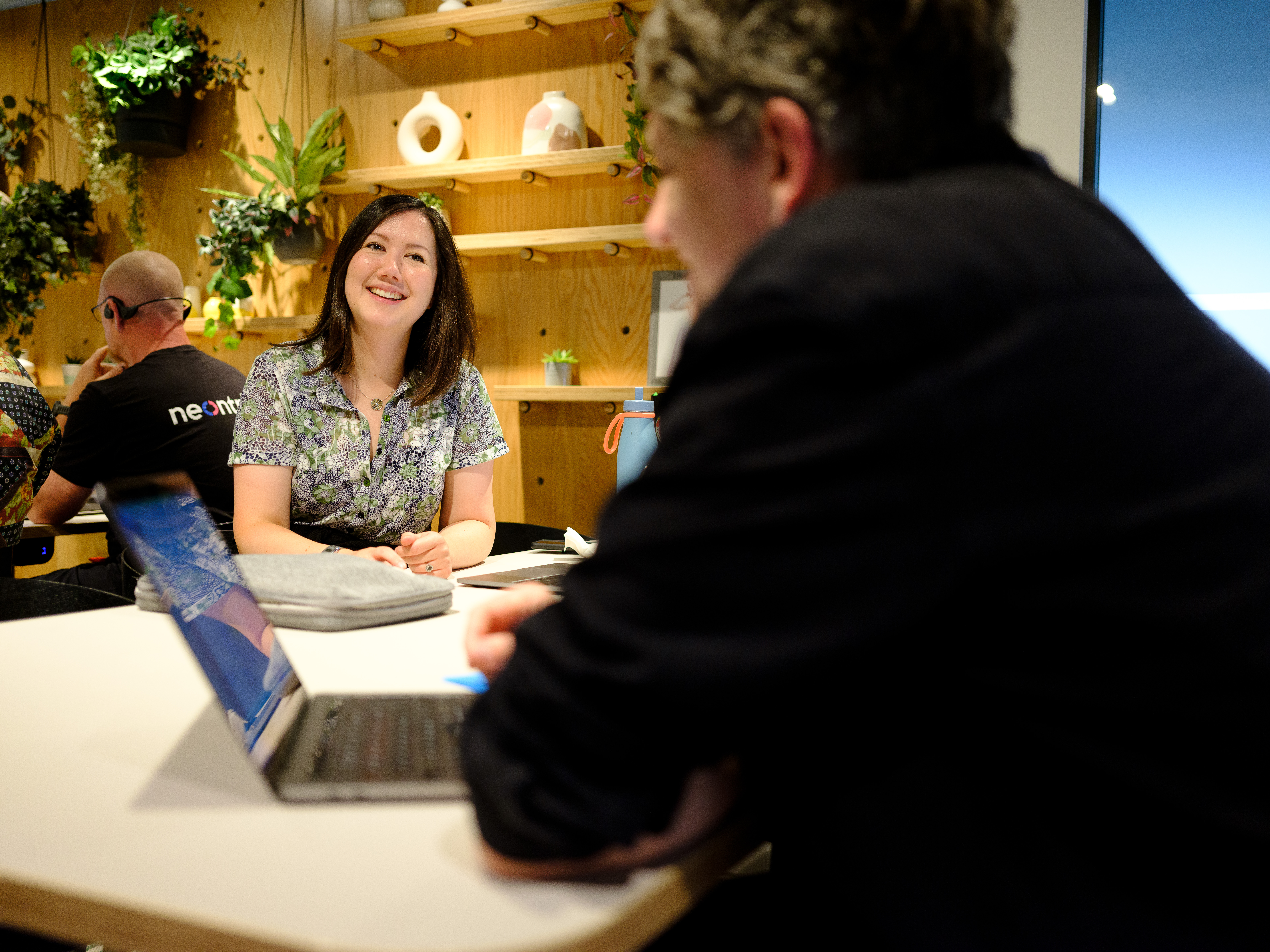
Following the project, the Natural Resources Wales team has been sharing best practice amongst the Welsh digital community
Natural Resources Wales (NRW) wanted to increase its online engagement, so it could make more impact on the country’s environment
As the largest Welsh Government sponsored body, Natural Resources Wales (NRW) advises on the country’s environment. Helping to ensure that all natural resources are sustainably maintained and used now and in future.
One of NRW’s major roles is managing the Welsh Government-owned woodland estate, which covers 6% of land in Wales and plays a vital role in the country’s environment and economy. The NRW website includes advice and regulatory guidance for businesses, landowners, farmers, schools and policy specialists – all of which needs to be updated to reflect the legislative landscape.
NRW wanted to increase the effectiveness of its online presence, starting with its woodland content. Using this as a testbed to accelerate the creation of more user-centred content across the organisation. Levels of engagement with the website were low and people were using the call centre because they couldn’t find what they needed online. This was having an impact on the organisation’s ability to do more impactful work, with resources diverted to dealing with calls.
“Although we already had content design capabilities in-house, demand far outweighed capacity. We also found there was a disconnect between the needs of our users and some of the guidance being produced by internal contributors. There was a culture of creating content and using the website as a library, which meant our website saw little engagement. We see a huge impact on the organisation as a result – as resources go into dealing with calls from customers who can’t find or apply for the right thing online.“
Heledd Evans, Digital Services Team Leader at Natural Resources Wales
They needed a multidisciplinary team with a range of skills including user research, content design, content strategy and service delivery. So they appointed dxw, Crocstar and Basis as a group of specialists who shared the same user-centred values, brought agile skills and could work on the project bilingually.
Outcome
The work carried out by the team laid the foundations for the delivery of more impactful user-centred services by NRW to support the Welsh environment.
“Initially we engaged with the team to improve our content design and strategy capabilities, but the work they did for us was beyond our expectations. There were various key stakeholders and subject matter experts who needed to be bought into the project. The Basis, Crocstar and dxw team facilitated interactions, creating a safe space that allowed people with different mindsets and objectives to understand and listen to one another, work together, and come to a consensus. The expertise and care they brought to the project helped us to achieve those lightbulb moments and commit to agile user centred practices.“
Heledd Evans, Digital Services Team Leader at Natural Resources Wales
What we did
Establishing an agile approach
At the time, agile working was still in its infancy at NRW but the digital service team were keen to use the woodland creation project to demonstrate its value. dxw led the delivery and established a fortnightly cycle of sprints to manage the project, increase transparency and build a continuous learning environment.
Going into the project, the specification focused on content design and delivery to support the in-house digital team and accelerate the creation of content. But it soon became clear that additional user research would be needed to understand the different motivations and needs of users. By actively testing, learning and iterating we were able to gain a better understanding of both service and user needs.
A new approach to creating bilingual content
All user research and content design activity was carried out bilingually to serve both the Welsh speaking community and English-speaking users. It’s very common for services and content to be designed and created in English, then translated into Welsh. The team’s user research highlighted that certain technical terms would resonate in one language, better than the other. So as part of the content design process, Basis and Crocstar developed a new approach to creating bilingual content – trio writing.
This involved turning the process on its head, and forming a content writing trio made up of a content designer, user researcher and translator. User needs were prioritised and married together with insights from the research and examples of where the translated content hadn’t hit the mark with Welsh speaking users. This meant the right language, not just the perfect translation, was chosen for the content to make it work for everyone.
Winning hearts and minds
Through a series of meetings and workshops, subject matter experts and other key stakeholders were given an insight into user centred and agile approaches, so they understood their value not just for the project but also across the organisation.
Working openly and collaboratively meant the team built a foundation of trust and we were able to position ourselves as independent and positive change agents. Establishing an agile working rhythm that made the most of everyone’s expertise and shared progress through show and tells, also helped subject matter experts gain more understanding of the work and motivations of the digital team.
What next?
The Natural Resources Wales team has been sharing best practice amongst the Welsh digital and content creation communities.
It’s great to see that trio writing has been established as a methodology for designing and creating bilingual content, and the Centre for Digital Public Services Wales has now released a book to help spread the use of the practice across the public sector in Wales.